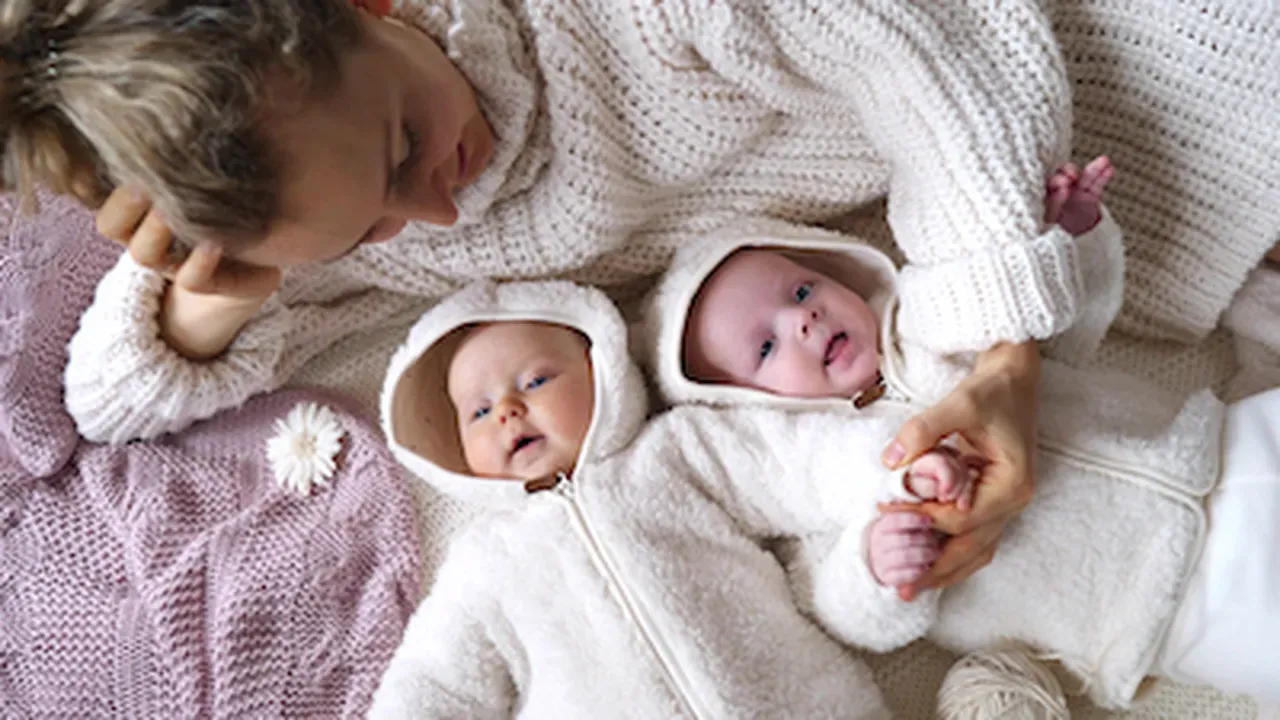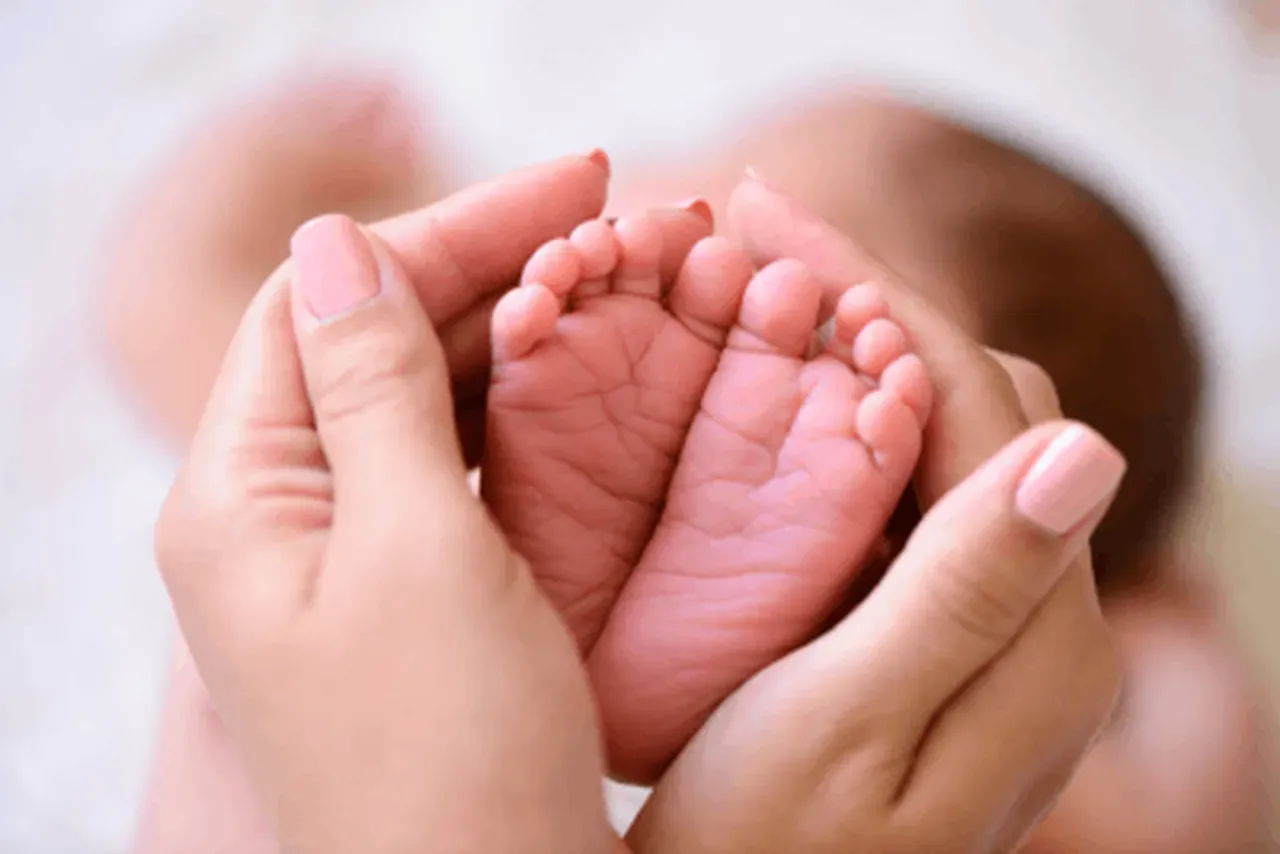
Twin Vaginal Delivery services offered in Tacoma, WA
When you learn that you’re carrying twins, a rush of emotions and questions is a normal response. If you’re wondering about the possibility of twin vaginal delivery, Steven Maynard, MD, at Rainier OB/GYN in Tacoma, Washington, can offer guidance. Call the office to book a one-on-one consultation or schedule online in just moments.
Twin Vaginal Delivery Q & A
Is it possible to have a vaginal birth if carrying twins?
Many people assume that having twins means having a cesarean delivery. In reality, many twin births don’t require a c-section. Having a vaginal birth with twins is not just possible, but it’s how most twins come into the world!
As soon as Dr. Maynard determines you’re pregnant with twins, he’ll perform several assessments to learn more about your overall health and how your pregnancy is progressing so far. Based on the results of those evaluations, he’ll discuss your options,
including whether vaginal delivery is possible.
What conditions prevent twin vaginal delivery?
Not every twin pregnancy is a good fit for a vaginal delivery. Some of the issues that can make a vaginal delivery difficult or impossible include:
- The baby positioned for the first birth in a breech position
- Both babies are positioned in a horizontal position in your uterus
- One or both babies shows signs of fetal distress during labor
- You’re having more than two babies
Ultrasounds and other screenings in the later stages of your pregnancy can determine if your babies are in a position that might prevent a vaginal delivery. Of course, things can change, and it isn’t uncommon for babies to shift into optimal positioning as you move
closer to your due date.
What happens during a twin vaginal birth?
Much of the labor and delivery process for twins is the same as a single birth. The good news is that you still only have to go through labor one time to give birth to two babies.
If you’re planning to deliver your twins in a vaginal birth, you’re most likely to give birth in a hospital. Your risk of complications during labor and delivery is higher with multiples, and hospitals are equipped with the technology and staff needed to manage complex birth scenarios.
You should also expect to be monitored more closely than if you had a singleton. Two babies mean at least two fetal monitors, and you may need additional screening devices as your labor progresses.
As for the labor process, there’s no way to accurately predict if you’ll spend more or less time in labor than you would with just one baby. Some mothers move through the process quickly, while others have to wait for full dilation to occur.
The birthing room may be more crowded than with a single birth, as more team members are usually involved in multiple deliveries. Once the first baby is born, their sibling will likely follow shortly afterward, and many mothers report having far less trouble delivering the second twin.
To learn more about what to expect with twin vaginal delivery, call the office to book a visit or schedule online from the comfort of home.







